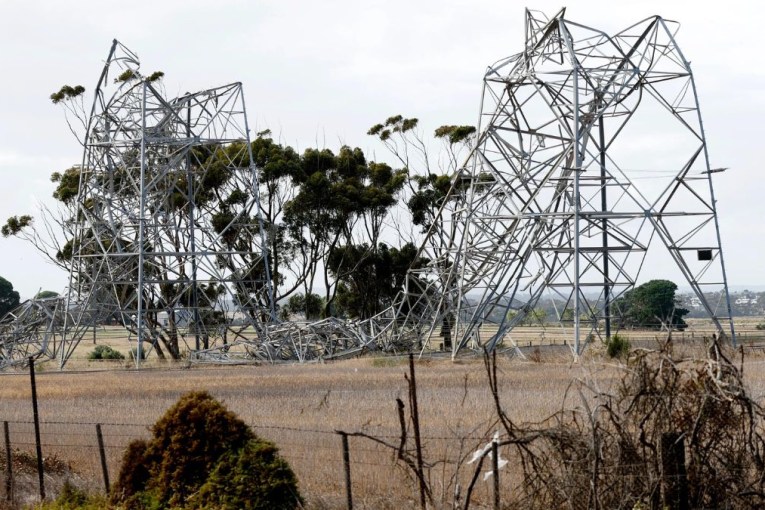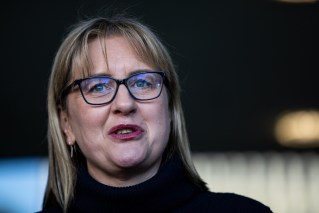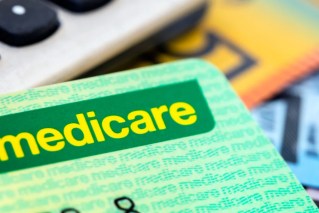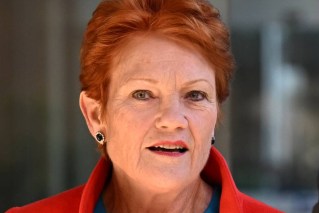‘Confusing’ border messages but ‘vaccine passports’ could allow travel

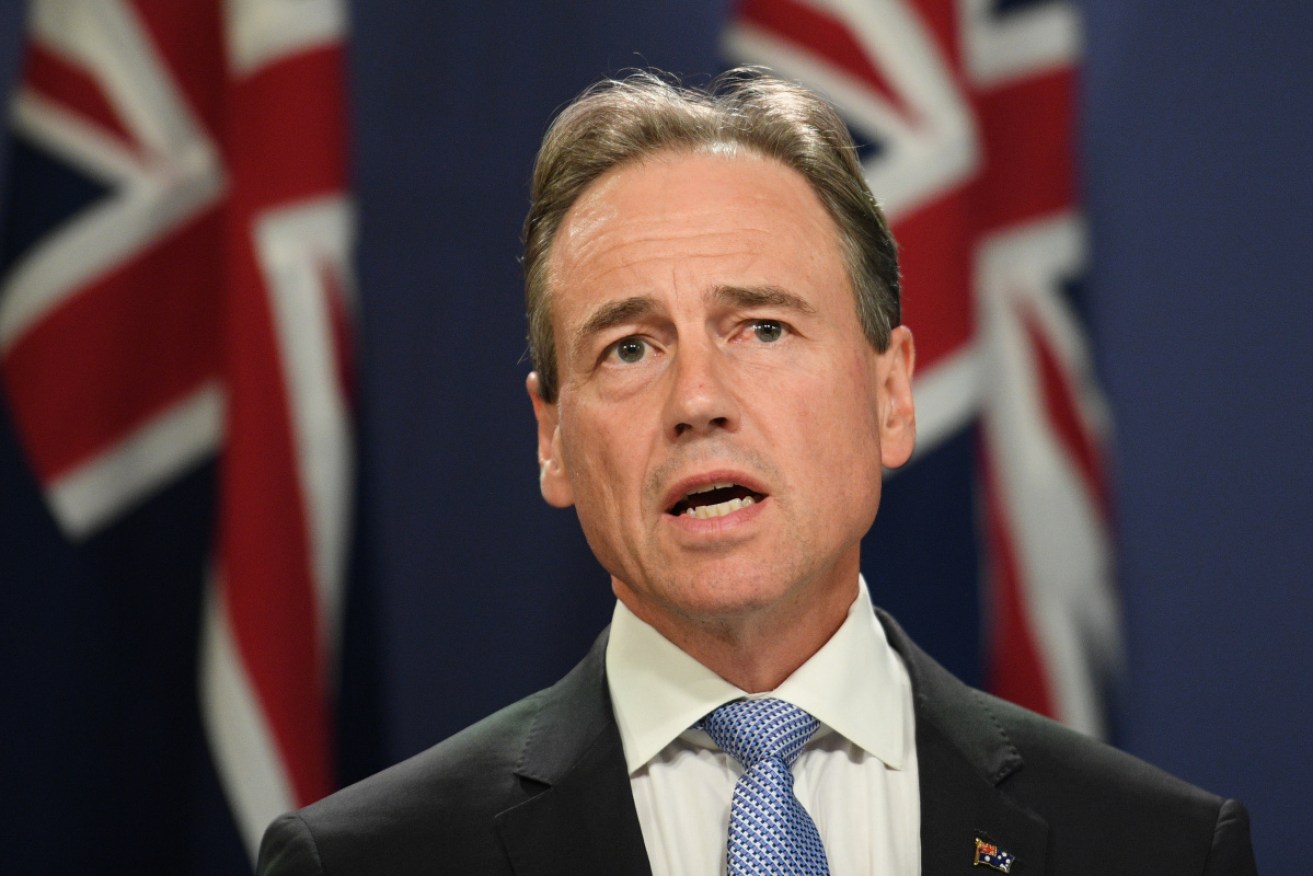
Health Minister Greg Hunt Photo: AAP
Australia’s national borders will remain shut until at least 2022, but the government is working on “vaccine passports” to allow people who have received COVID jabs to avoid certain virus rules.
The Morrison government is basing Tuesday’s federal budget on the assumption that ‘Fortress Australia’ restrictions will extend well into next year, but senior ministers say they are investigating how to relax those very rules, to act as encouragement for people to take their shots.
“It should certainly be an incentive to get vaccinated,” health minister Greg Hunt said on Monday, of the possibility that vaccinated people might be able to travel earlier.
Despite pledging to keep borders shut into next year, Mr Hunt has now shared further information on how the government may be able to juggle both blocking foreigners wanting to come in, and allowing some degree of freedom to Australians needing to go out.
‘Less requirements’ for vaccinated travellers
On Sunday, the health minister spoke of a “road map” toward “progressive opening of the borders”. Mr Hunt said the government wanted to open new “green lanes” or travel bubbles with nations doing well on COVID health outcomes, but that wider relaxation of rules would be based on as-yet-unknown data about how vaccines affect transmission of the virus.

Vaccination may allow people to travel. Photo: AAP
“We’re learning that there is a very strong impact on transmission, but not a universal impact,” Mr Hunt warned, noting even some people who had been fully vaccinated with two doses were contracting the virus.
“The world is learning about the transmission effect. A high prevention, but not a universal prevention. So as we have more medical advice, we’ll share it. We’re not in a position to quantify that yet. The world is not in that position.”
On Monday, he went further to say that “absolutely” people who’d been vaccinated may be able to travel more freely, which he said should act as an incentive to receive the jab.
“It is conceivable vaccination will make it easier to travel and easier to return,” Mr Hunt told The New Daily at a Canberra press conference.
“The medical advice will determine that but it is foreseeable there will be less requirements on those coming into Australia, if they have been vaccinated. That’s a very important incentive, and a point of hope, and a pathway to normalisation.”
Mr Hunt said that as of Sunday night, 2.663 million vaccination doses had been administered in Australia, following a “record week” with 402,000 shots given.
Also on Monday, a Federal Court challenge to the government’s India travel ban was being considered. As of time of writing, no judgement had been handed down.
‘Vaccine passports’ considered
The federal government’s rhetoric around border closures and vaccines has shifted gradually in recent weeks. Mr Hunt said on April 13 “vaccination alone is no guarantee that you can open up”, flagging that even full vaccination may not see the borders thrown open.
The same week, Prime Minister Scott Morrison warned that opening the borders would mean Australians “would have to become used to dealing with a thousand cases a week or more”.

Immunity passports are being considered. Photo: AAP
More recently, Mr Morrison has spoken about higher vaccination rates potentially allowing Australians returning from overseas to go into shorter periods of hotel quarantine, or quarantining at home instead of hotels. On Monday, treasurer Josh Frydenberg said this week’s budget projections were made with the assumption the international border would stay clamped shut until at least 2022.
Before delays in the vaccination program, the federal government had earmarked opening the borders in October 2021, a goal which airlines said they were working towards.
On Monday, Labor leader Anthony Albanese slammed the government for “confusing” messaging.
“Yesterday, the headlines in all the papers that people would have seen was ‘doors slam shut’. This morning, its ‘doors are about to open’. So it’s very confusing,” he claimed.
“The Government needs to keep a single message for 24 hours.”
Also on Monday, a new poll found three-quarters of Australians would back a COVID-19 vaccine passport.
‘Vaccine passports’
TND asked Mr Hunt if vaccinated people would need to show their vaccination status, such as through the MyGov phone app, to airlines or other service providers. The health minister didn’t confirm whether this would be the case, but the government is working on avenues for vaccination status to be shown easily through phone apps.
In the US, people are provided with vaccinations cards on paper, to show when they were jabbed and with which type of vaccine.
Some venues and cruise ships are already requiring proof of vaccination to be shown before entering. American airline companies are also considering the requirement for vaccination proof for passengers.
It is unclear what parts of Australian society may require proof of vaccination for entry or access, but previous discussions have suggested some occupations, aged care or health facilities, and large public events may be included in future.
